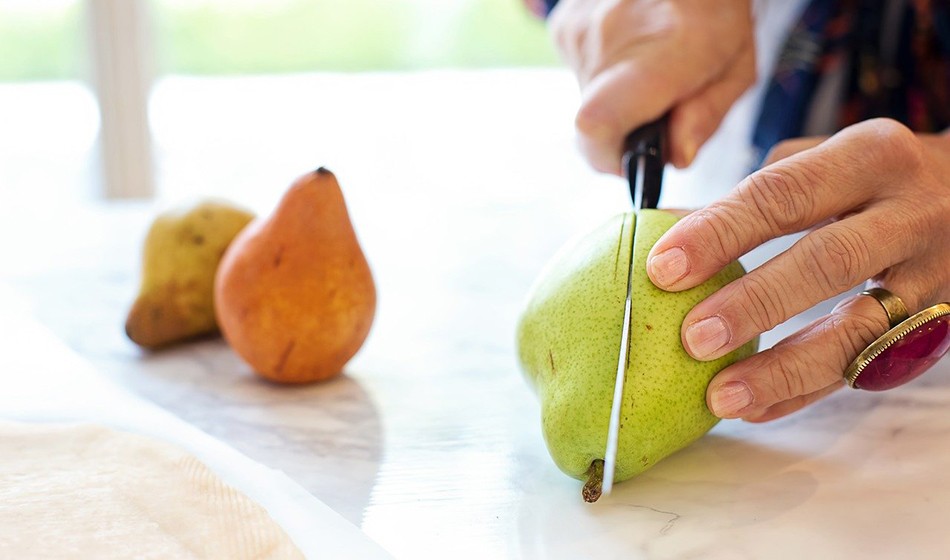A healthy diet gives adequate energy and nutrients to satisfy the training specs. This is where a sports dietitian can support you
The Work of a Nutritionist in Sports: Why Nutrition Is Important for Athletes
Nutrition, or a well-balanced diet, is an important aspect of sports performance at all levels. However, despite its importance in all body processes, it is sometimes neglected as a key component of sports performance. It doesn’t matter if you are a pro athlete or just love working out, what you eat or drink may have a significant influence on your personal objectives. A sports nutritionist can help with anything from specialized nutritional planning to injury prevention and rehabilitation. Let’s dig deeper and check what a balanced sports diet should contain and how a professional nutritionist can help you follow it.
Core Nutrients for Athletes
Athletes must eat enough calories to fulfil their energy conditions. If they do not, their body may burn fat and muscle as fuel. This, in turn, results in a loss of strength and endurance. If you are a diet pro and know everything about nutrition, then it is the right time to explore nutritionist sports jobs; there are plenty of options at your disposal.
Continuously low intake may impede metabolic rate and cause vitamin and mineral shortages. Athletes in weight-class sports such as boxing and mixed martial arts are in danger of muscle loss and poor performance if they use drastic weight reduction procedures before to competition. To avoid such a situation from happening, it is important to ensure that the following nutrients are a part of your diet:
- Carbohydrates — Help to keep blood sugar levels stable throughout the exercise and replace muscle glycogen reserves. Athletes normally need 6-10g of carbs per kilogram of body weight per day.
- Protein — Essential for muscular development and proper physiological function. Endurance athletes should aim for 1.3-1.5g/kg of body weight a day, with ultra-endurance athletes requiring somewhat more but no more than 2 g/kg. Strength athletes should aim for 1.3-1.8g/kg, which is doable with a well-balanced diet rich in quality sources such as whey, casein, and soybean.
- Fats — Getting enough fat in your diet is crucial for good health since it helps you absorb vitamins. Athletes should strive for 23-35% of their daily calories from fat, with a balanced mix of monounsaturated, polyunsaturated, and saturated fats. Diets high in fat (>70% of…
CLICK HERE to Read the Full Original Article at AW…

